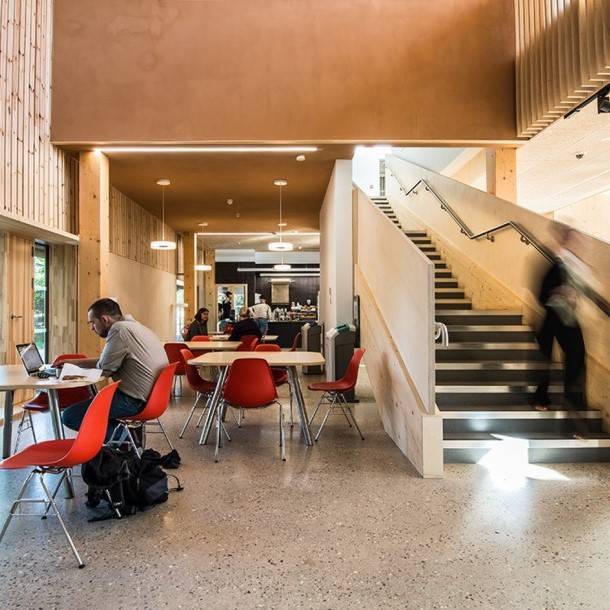October 11, 2016
American workers prefer the 9 to 5 but would take a pay cut in exchange for home working 0
 According to a new study by researchers at Princeton University and Harvard University, the average American worker is indifferent to flexible working hours and instead prefers a set 40-hour workweek. According to the study, most workers aren’t willing to take even a small pay cut to determine their own working hours. However, if given the option to work from home, many workers — especially women — would take an 8 percent wage cut to do so. The findings, published by the National Bureau of Economic Research (NBER), also show that workers consistently dislike irregular work schedules set by employers on short notice. They would even give up one-fifth of their salary to avoid working evenings or weekends. Nearly half of jobseekers would not take an irregular-schedule job even if it paid a quarter more than a 9 to 5 job. This is true even of workers who currently have irregular work schedules.
According to a new study by researchers at Princeton University and Harvard University, the average American worker is indifferent to flexible working hours and instead prefers a set 40-hour workweek. According to the study, most workers aren’t willing to take even a small pay cut to determine their own working hours. However, if given the option to work from home, many workers — especially women — would take an 8 percent wage cut to do so. The findings, published by the National Bureau of Economic Research (NBER), also show that workers consistently dislike irregular work schedules set by employers on short notice. They would even give up one-fifth of their salary to avoid working evenings or weekends. Nearly half of jobseekers would not take an irregular-schedule job even if it paid a quarter more than a 9 to 5 job. This is true even of workers who currently have irregular work schedules.





































